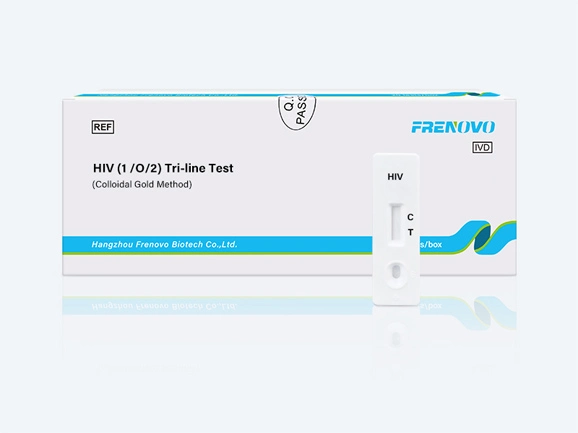As pet owners, it's vital to ensure that our furry friends are healthy and happy. Regular visits to the veterinarian can help guarantee their well-being, but there are times when we need to take things a step further. Introducing the veterinary rapid test kit - a tool that can quickly detect diseases and conditions that could otherwise go unnoticed. In this blog, we're going to discuss the types of illnesses and conditions that veterinary rapid test kits can detect.
One of the most common uses of veterinary rapid test kits is for the detection of infectious diseases. These tests can detect a wide range of diseases like parvovirus, distemper, and feline leukemia. All of these diseases can be severe and potentially fatal if left untreated. The quick results provided by a veterinary rapid test can enable a veterinarian to begin treatment before the disease progresses to a dangerous level.
Another area where veterinary rapid tests come in handy is the detection of nutritional deficiencies. Poor diet and malnutrition can lead to a range of illnesses and conditions in animals, like anemia, weakened immune system, and even difficulty walking. Unfortunately, symptoms may not appear until the deficiency becomes severe. A veterinary rapid test can detect nutritional deficiencies before they become a severe problem, allowing pet owners to make necessary dietary changes.
Hormonal imbalances are common in animals, particularly in older pets. These imbalances can result in changes in appetite, thirst, and energy level, and can also lead to diseases like diabetes and thyroid problems. Veterinary rapid tests can detect hormonal imbalances in animals, allowing veterinarians to begin treatment quickly before the imbalances lead to serious diseases.
It's clear that veterinary rapid tests can play a significant role in the early detection and treatment of diseases and conditions in animals. These tests provide quick and reliable results, allowing veterinarians to make informed decisions about treatment options. As a pet owner, it's crucial to keep up-to-date with your pet's health and well-being. Ensuring your pet undergoes a veterinary rapid test at least once a year will enable you to identify potential health problems early on and ensure that your pet receives the appropriate treatment.





